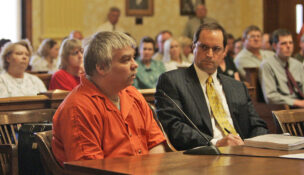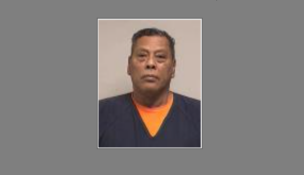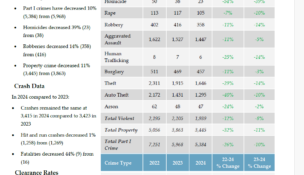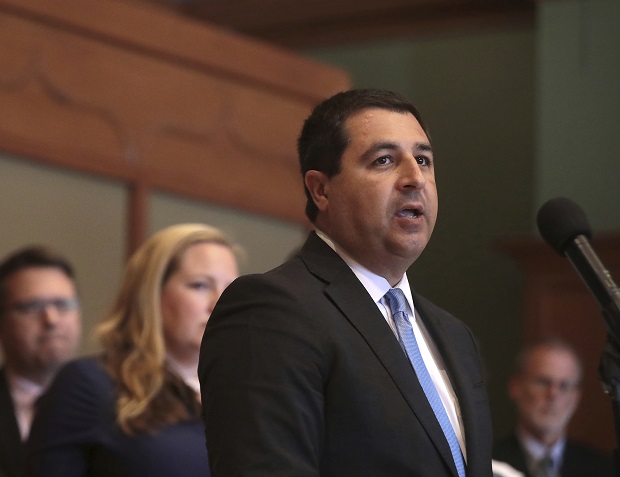PROTECT Act Case Analysis
By: dmc-admin//March 29, 2006//
For now, the court’s decision in Martinez preserves the status quo — district courts may grant downward departures to avoid nationwide discrepancy, or they may choose not to. Such departures are neither required, nor prohibited.
In Wisconsin, district courts have done both. One of the cases cited by Martinez as authority that a downward departure is justified came from the Eastern District of Wisconsin, U.S. v. Galvez-Barrios, 355 F.Supp.2d 958 (E.D.Wis.2005).
Should the issue be presented to the court, the precedent most on point, and containing some favorable language for both the government and defendant, is U.S. v. Boscarino, 437 F.3d 634 (7th Cir. 2006).
In Boscarino, the defendant argued that his sentence was unreasonably high compared to that of a co-conspirator who cooperated with the government. The court held, however, “a sentencing difference is not a forbidden ‘disparity’ if it is justified by legitimate considerations, such as rewards for cooperation (emphasis in original).” Id., at 638.
Presumably, the court would show deference to Congress’ determination that overwhelmed court dockets in some districts is a “legitimate” consideration, and that could justify the disparity.
However, there is language in Boscarino that does support the interpretation in Galvez-Barrios: “the kind of ‘disparity’ with which sec. 3553(a)(6) is concerned is an unjustified difference across judges (or districts) rather than among defendants to a single case.”
| |
||
|
Related Links Related Article |
||
| |
||
The absence of a fast-track procedure in one district is clearly a difference across districts that the Guidelines are supposed to avoid. The questions are whether that is an “unjustified difference,” and how much deference the court should give to Congress’ decision to deliberately create that difference.
The court in Boscarino also wrote: “why should one culprit receive a lower sentence than some otherwise-similar offender, just because the first is ‘lucky’ enough to have a confederate turn state’s evidence? Yet that is Boscarino’s position, which has neither law nor logic to commend it.”
But, paraphrasing the quote to “why should one culprit receive a lower sentence than some otherwise-similar offender, just because the first is ‘lucky’ enough to have been arrested in Arizona instead of Wisconsin?” the question ceases to be illogical.
Unfortunately for defendants, although the question is a logical one to ask, it has an answer: Congressional intent to relieve court dockets in the Southwest overburdened by illegal re-entry cases.
– David Ziemer
Click here for Main Story.
David Ziemer can be reached by email.
Legal News
- Steven Avery prosecutor Ken Kratz admits ‘mistakes were made’
- Colombian national extradited to Milwaukee faces International narcotics-trafficking conspiracy charge
- MPD: Milwaukee homicides down nearly 40 percent compared to last year
- EVERS: Republican lawmakers No-Show at special meeting to release statewide PFAS funding, stabilize healthcare access
- Wisconsin ICAC Task Force conference on Missing and Exploited Children highlights increase in sextortion cases
- More than 300 Wisconsin officers back in law enforcement after being fired or forced out
- Former Trump staffer who said to ‘fan the flame’ after 2020 loss hired to lead Wisconsin GOP
- Gov. Evers appoints David Casey to Serve as DOR Secretary
- Former Marine sentenced for Molotov Cocktail attack against Planned Parenthood Clinic
- ABA names 34th Annual Margaret Brent Women Lawyers of Achievement Awards honorees
- FBI launches criminal investigation into Key Bridge collapse
- Man charged in slaying after woman’s leg found at Milwaukee-area park
WLJ People
- Power 30 Personal Injury Attorneys – Russell Nicolet
- Power 30 Personal Injury Attorneys – Benjamin Nicolet
- Power 30 Personal Injury Attorneys – Dustin T. Woehl
- Power 30 Personal Injury Attorneys – Katherine Metzger
- Power 30 Personal Injury Attorneys – Joseph Ryan
- Power 30 Personal Injury Attorneys – James M. Ryan
- Power 30 Personal Injury Attorneys – Dana Wachs
- Power 30 Personal Injury Attorneys – Mark L. Thomsen
- Power 30 Personal Injury Attorneys – Matthew Lein
- Power 30 Personal Injury Attorneys – Jeffrey A. Pitman
- Power 30 Personal Injury Attorneys – William Pemberton
- Power 30 Personal Injury Attorneys – Howard S. Sicula











